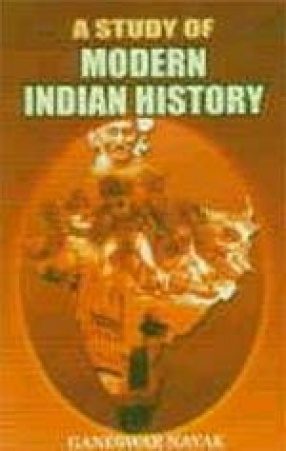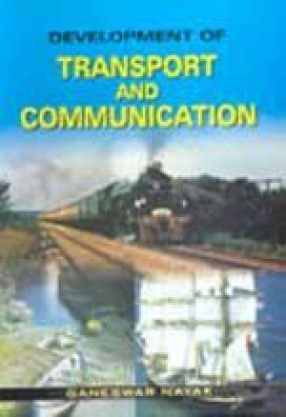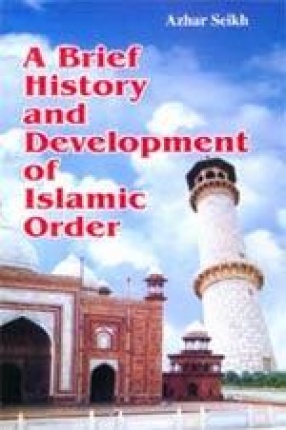A Study of Modern India: 1757-1947 was planned with specific objectives. It is an attempt to incorporate massive archival data un-earthed by recent historical research. Important topics have been dealt with in a more comprehensive manner to meet the need of the student community. Necessary details have been included, but more superflous and digressions have been avoided. Different phases of national movement including economic, social aspect have been analysed in a systematic manner. The advent of different European powers have been analysed to give a clear background how the British powers emerged as a dominant power on the ashes of the Mughal empire. By the Battle of Plassey and Buxer the East India Company demonstrated its diplomatic and military strength. The emergence of the Marathas gave a temporary setback to the British. But like all the powers, Marathas also disappeared from the political scene. But the mutiny of 1857 was a reflection of the widespread discontent among the different strata of India society. By the Government of India Act of 1858, the Control of Indian administration was transferred from the East India Company to the British Crown. Birth of Indian nationalism and foundation of Indian National Congress in 1885 provided a platform for Indian people to start a movement against the colonial Government. The emergence of Gandhi is associated with non-cooperation movement, Civil Disobedience movement and quit India Movement. After the World War II the Labour Party came to power and Prime Minister Atlee decided to free India. But the growth of Muslim Commuanlism and rigid stand of M.A. Jinnah compelled the Congress and partition became inevitable. Consequently under the Indian Independence Act in 1947 two sovereign states namely India and Pakistan were created. Special attention have been given to constitutional, economic and social issues in the modern Indian history.
Development of Transport and Communication: A Case Study
Development of Transport and ...
$39.60
$44.00






There are no reviews yet.